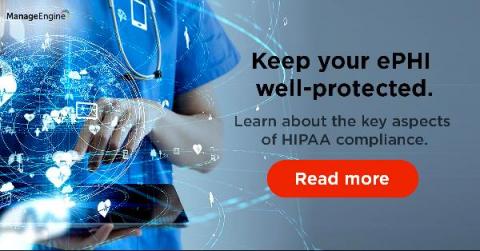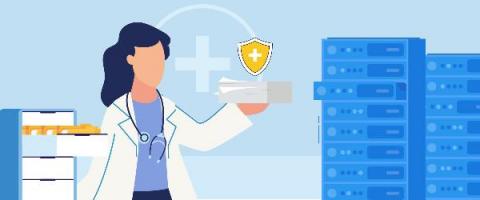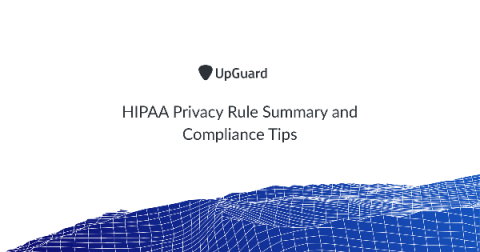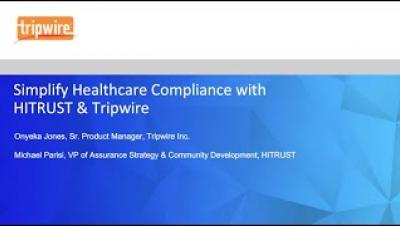Monitoring health information systems with HIPAA-compliant logs
As healthcare and life sciences organizations move to digitize their operations and automate their workflows, they are encountering new challenges related to HIPAA regulations, which dictate how patient information should be collected and stored.









